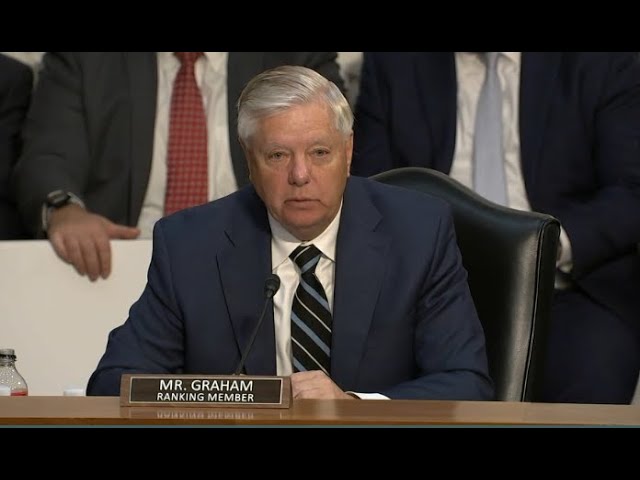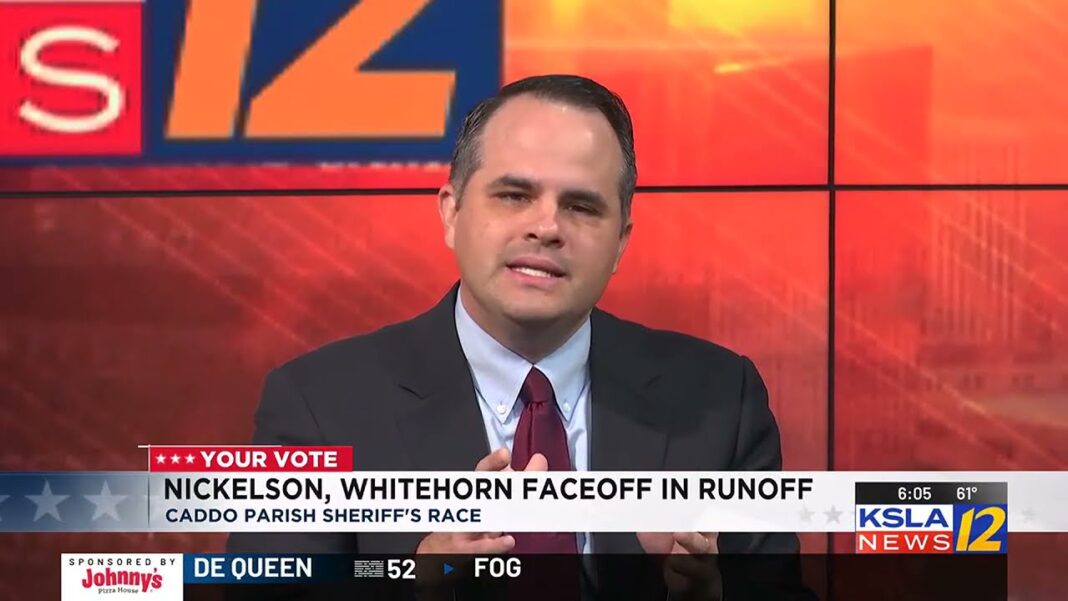This $30 billion industry is built on a shaky foundation of cheap money, questionable accounting and aggressive claims for federal tax credits. With money no longer cheap, subsidies a matter of politics and swirling allegations of fraud, a collapse could be coming soon.
Sitting at a mostly empty 20-person conference table in his Houston headquarters, William “John” Berger, CEO of Sunnova Energy International, looks relaxed and confident. The top of his crisp white shirt is unbuttoned, and no strands of gray yet spoil his shock of black hair. At 50, this Texas-born Aggie engineer with a Harvard MBA has built Sunnova into the nation’s second-largest residential solar power developer, with 2,000 megawatts of generation on the rooftops of 390,000 homes. And yet, he quips, if you like cliffhangers, “you’ve come to the right place.”
Sunnova has lost $330 million on $722 million in revenue in the last 12 months. Its shares are trading around $10, off 80% from their 2021 high. Wall Street is nervous about its bonds: Its $400 million 2021 senior unsecured debt issue, maturing in 2026, initially paid 5.75%, but now yields 14%—high even for junk. But the big test, Berger says, will come if there’s a recession or difficulty raising money (which he fears more than high rates). In the worst case, he says, he could slash costs by 50%, stop seeking new business and fire himself.
The glory days for residential solar power in the United States weren’t that long ago. In 2022, a record six gigawatts of peak generating capacity were installed on 700,000 rooftops, bringing total residential solar power to 40 GWs—nearly enough to power Los Angeles and Philadelphia combined. The boom was partly fueled by falling prices for solar panels and inverters as more countries, including the U.S., jumped in to compete against China. Topping it off, in August 2022, President Biden signed the Inflation Reduction Act, an orgy of renewable energy subsidies which boosted the solar tax credit from 26% to 30% and extended it through 2032—meaning Uncle Sam is on the hook for maybe $8 billion a year for at least a decade.
Despite all this, the residential solar industry is in serious trouble. Sharply rising interest rates have sapped both growth in demand for new residential systems, which are typically financed, and the value of $21 billion in debt issued to install existing systems. High interest rates are what Sunlight Financial, a residential solar financier, blamed when it filed for bankruptcy in October. (It went public in 2021 via a SPAC.) Two days after Sunlight sought Chapter 11 protection, San Francisco–based Sunrun, the largest player in residential solar with annual revenue of $2.3 billion, said it was writing off $1.2 billion in goodwill, primarily from the $3.2 billion acquisition of Vivint Solar in 2020.
By Christopher Helman, Forbes Staff, and Nikhil Hutheesing, former Forbes staff







